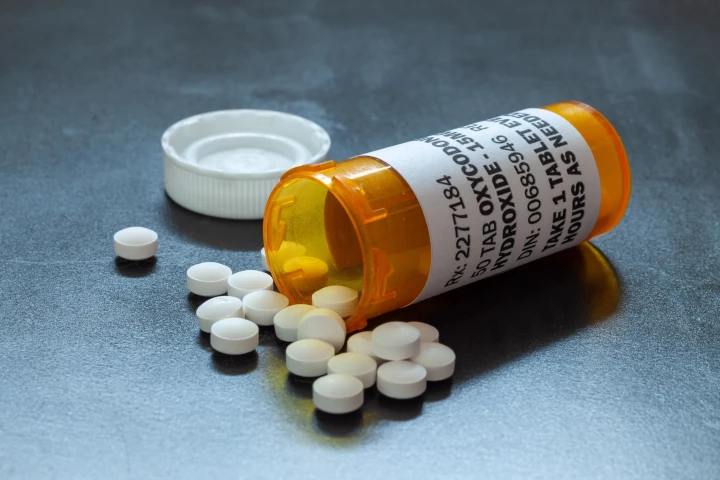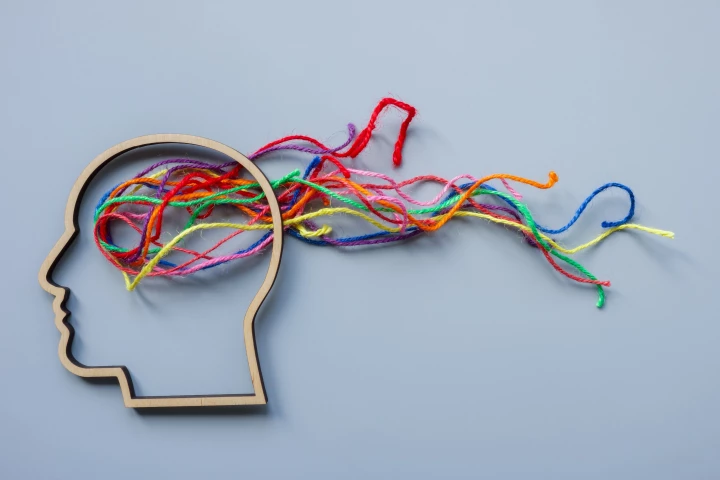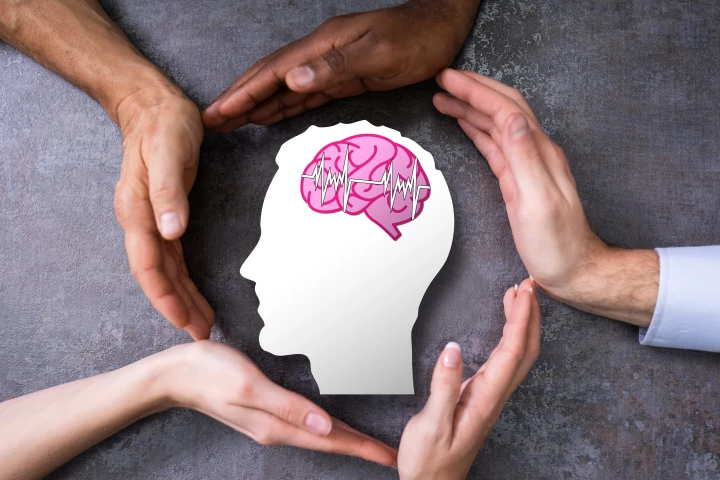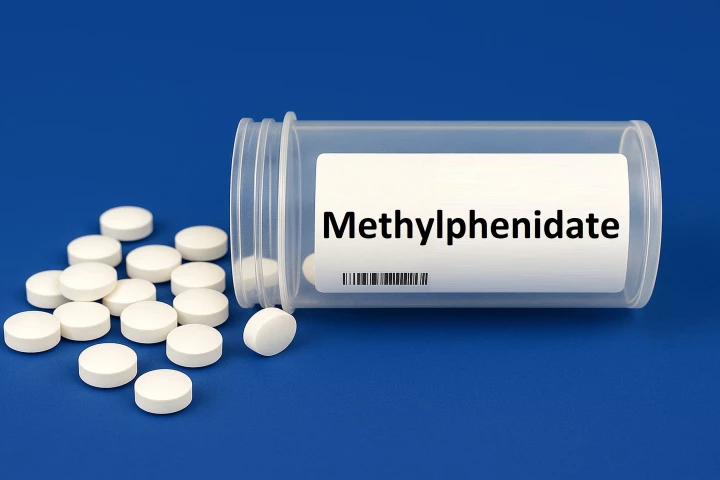ADHD
-
The first-of-a-kind brain-stimulation device approved to treat attention-deficit/hyperactivity disorder in the US has had its efficacy questioned, with scientists believing that its Food and Drug Administration approval was based on poor science.
-
ADHD drugs have been thought to sharpen attention, but a new study has found something very different is at play. They don't offer laser-sharp focus but boost wakefulness and engagement, helping the brain stick to tasks it would otherwise give up on.
-
A new “audio shield” uses earbuds connected to hand-mounted microphones for hearing the subtle sounds of everyday tasks. The mechanism helps users block the perpetual hurricane of distractions and achieve mindfulness, reducing the effects of ADHD.
-
Groundbreaking research has uncovered three gene variants that increase the risk of attention-deficit/hyperactivity disorder by up to 15 times. It's a remarkable finding, considering that thousands of mutations only come with a nominal elevated risk.
-
Despite high-profile advice to avoid Tylenol when pregnant and a potential warning-label change, a comprehensive umbrella study of reviews has found no credible link between acetaminophen and autism and attention-deficit/hyperactivity disorder (ADHD).
-
While not everyone with attention-deficit/hyperactivity disorder has tapped into their creative side, there are a lot of creative people who also have neurodivergent brains. Now, new research suggests this could be due to the way our minds wander.
-
A first-of-its-kind study has found that recognizing – and using – personal strengths is linked with better physical and psychological wellbeing and fewer mental-health challenges in adults with attention-deficit/hyperactivity disorder.
-
In a massive study, scientists have failed to find any meaningful link between the use of opioid painkillers and the prevalence of autism spectrum disorder and attention-deficit/hyperactivity disorder, challenging earlier research suggesting otherwise.
-
In a massive study of more than nine million pregnancies, a strong link has been found between gestational diabetes and children born with neurodevelopmental conditions – it translates to a 36% increased risk of ADHD and a 56% higher risk of autism.
-
A new study significantly strengthens the case that attention-deficit/hyperactivity disorder brains are structurally unique, thanks to a new scanning technique known as traveling-subject method. It isn't down to new technology – but better use of it.
-
A comprehensive review looking at autistic adults over the age of 40 has found that as many as 90% of cases are undiagnosed, leading older adults – who are more susceptible to poor mental and physical health outcomes – with no recognition or support.
-
A massive study has found that ADHD medication has a real-world social impact – for the those on the drugs and the wider community. In nearly 150,000 newly diagnosed people, medication appeared to offer sweeping benefits beyond just symptom management.
Load More











